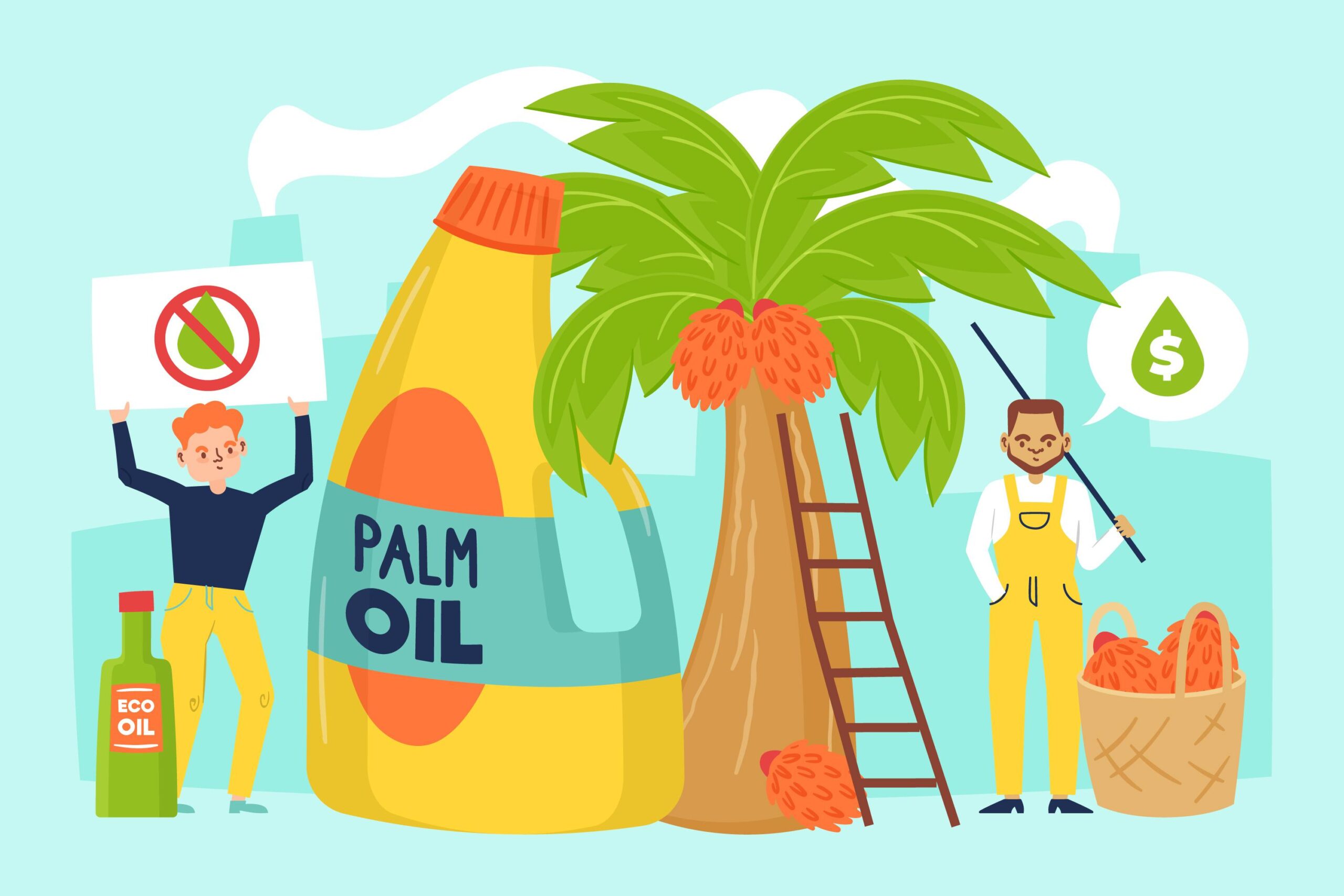
Cooking oils are an essential part of our diet, but do they increase cancer risk? While moderate consumption of vegetable and seed oils is generally considered safe, certain cooking practices can influence health outcomes.
How Cooking Oils May Become Harmful
- High-Heat Cooking & Harmful Compounds
When oils are overheated beyond their smoke point, they break down and produce harmful compounds like acrylamide. This substance is classified as a “probable human carcinogen” by the International Agency for Research on Cancer (IARC). However, human studies have not conclusively linked dietary acrylamide to cancer. Choosing oils with higher smoke points—such as avocado, peanut, or refined olive oil—can help minimize risk. - Reusing Cooking Oils
Repeatedly heating oils, especially for deep frying, leads to oxidation and the formation of toxic by-products like polycyclic aromatic hydrocarbons (PAHs). Studies suggest that consuming reheated oils may contribute to DNA damage and increase the risk of cancers such as lung, breast, and colorectal cancer. To reduce exposure, avoid reusing oil multiple times and opt for healthier cooking methods.
Palm oil is one of the most widely used vegetable oils globally, found in everything from cooking to processed foods. While it has been consumed by various communities for centuries, modern research has raised questions about its potential impact on cancer risk. So, is palm oil harmful, or does it have protective benefits?
Potential Health Concerns
- Refining Process and Carcinogenic Contaminants
Refined palm oil may contain 3-MCPD and glycidyl fatty acid esters (GE), by-products of high-temperature processing. The International Agency for Research on Cancer (IARC) classifies GE as “probably carcinogenic to humans” and 3-MCPD as “possibly carcinogenic.” Choosing minimally processed palm oil can help reduce exposure to these compounds. - Palmitic Acid and Cancer Metastasis
Palm oil is high in palmitic acid, a saturated fat linked to cancer metastasis in mice. However, research is still in its early stages, and direct evidence in humans is lacking. A balanced diet rich in unsaturated fats from sources like olive oil may help mitigate potential risks. - Acrylamide Formation in Frying
Acrylamide, a known carcinogen, forms when starchy foods are deep-fried. Studies suggest palm oil produces lower acrylamide levels than highly unsaturated oils like soybean and canola oil, making it a relatively safer option for frying.
Protective Nutrients in Red Palm Oil
Red palm oil retains beneficial compounds such as:
- Carotenoids – Antioxidants that may help reduce oxidative stress.
- Tocotrienols (Vitamin E) – Shown to slow cancer cell growth in lab studies.
- Lauric Acid & Squalene – Potential protective effects on cellular health.
Conclusion
Palm oil has definitely been one of the most controversial of all. It’s impact on cancer risk depends on factors like refining, cooking methods, and overall dietary balance. While refined palm oil raises some concerns, unrefined red palm oil contains beneficial nutrients. Moderation and mindful consumption remain key to reducing health risks.




